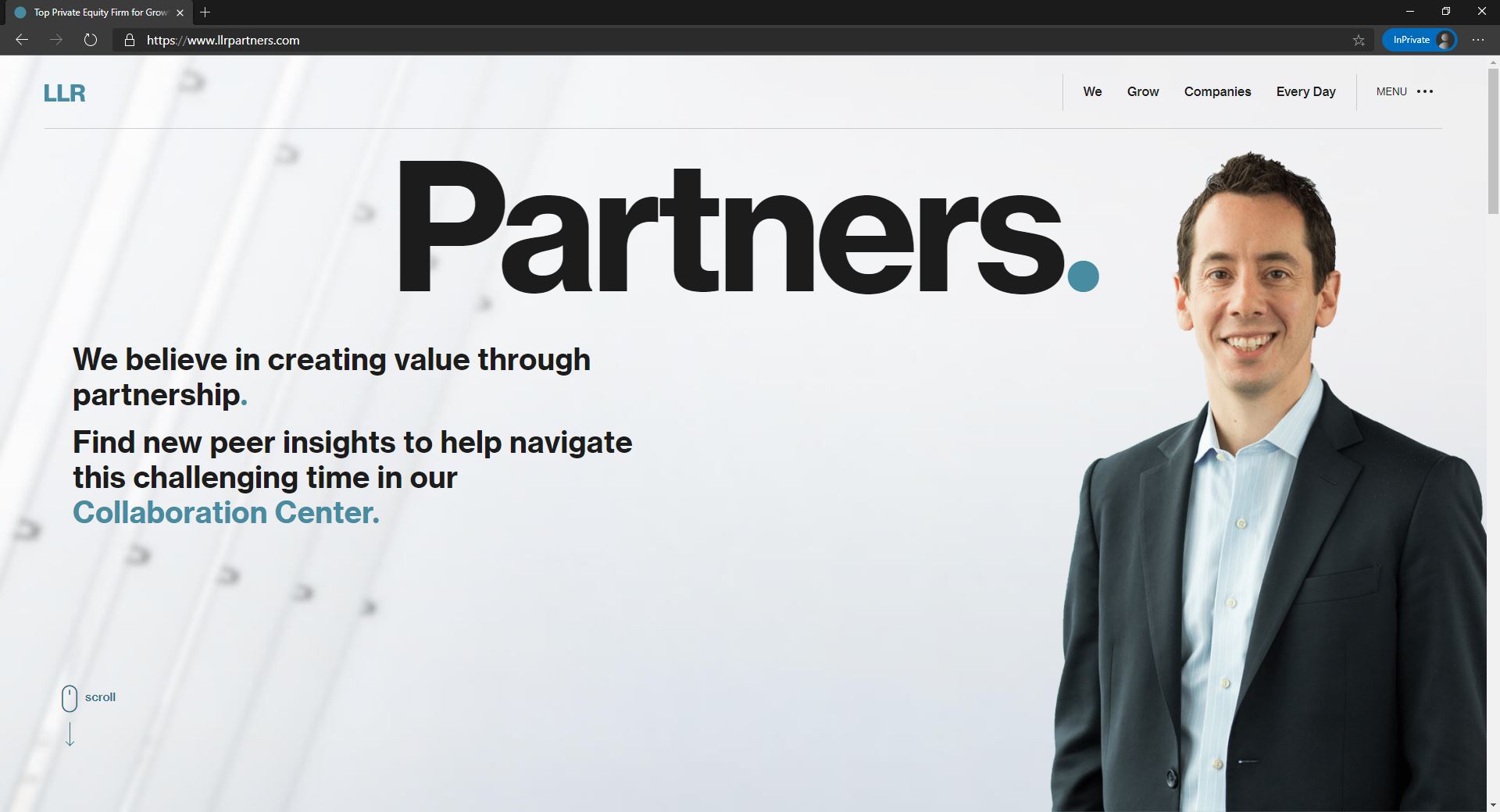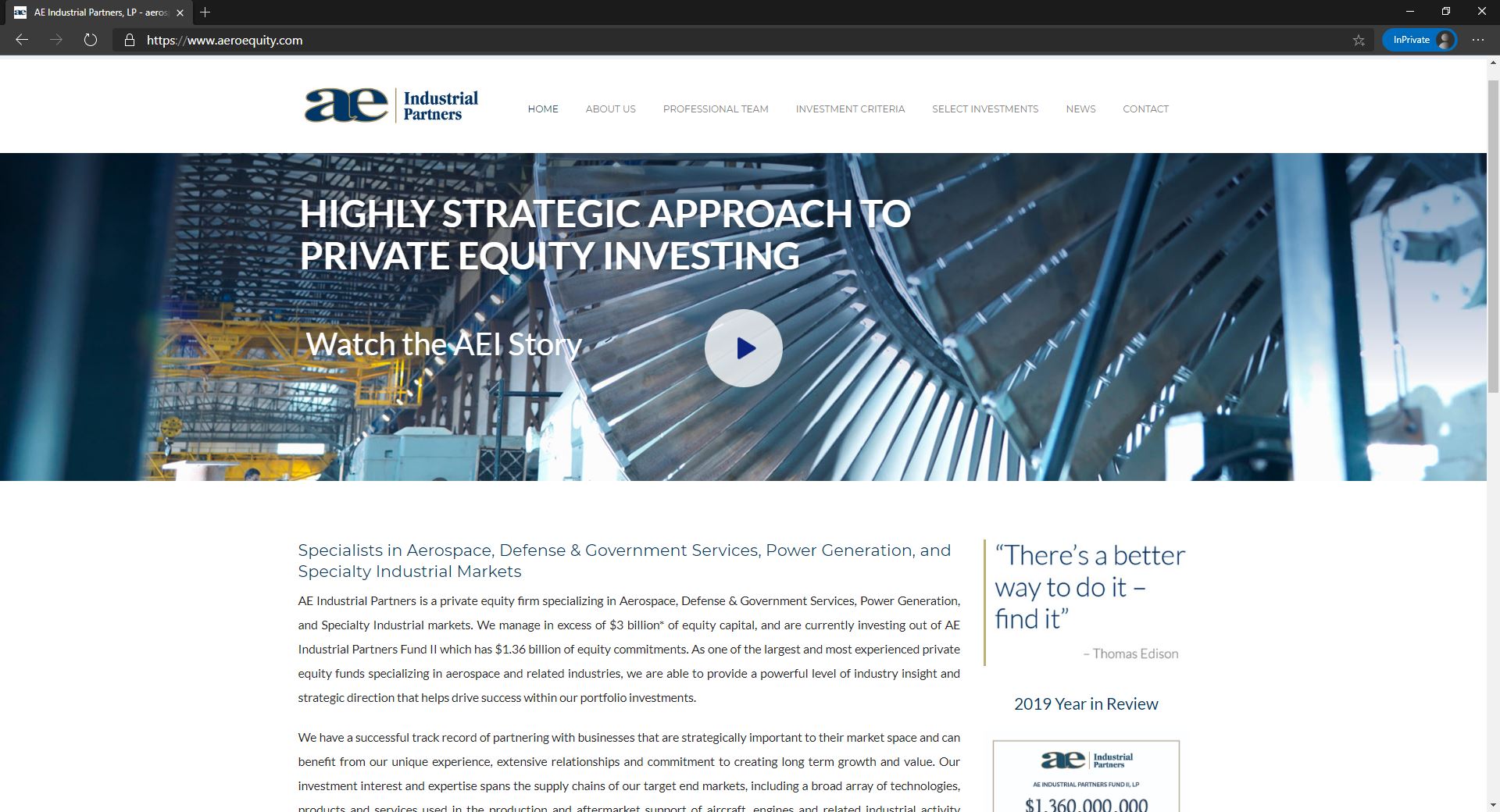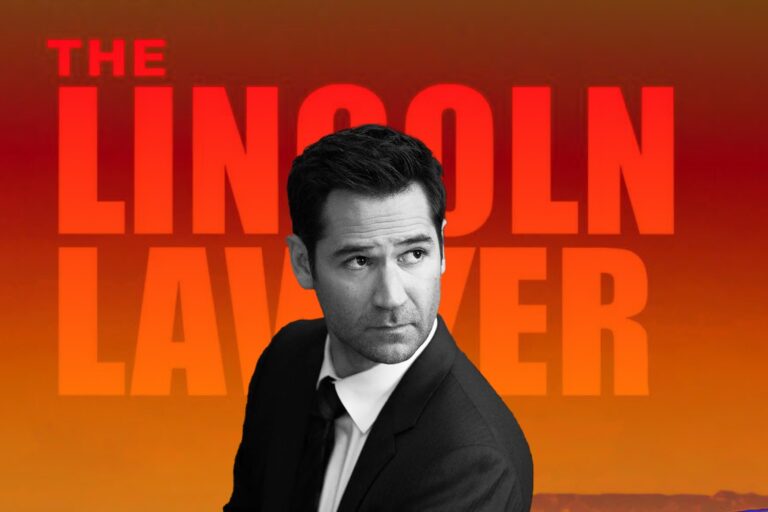10 Trusted Private Equity Partners That Make Great Offers for Entrepreneurs
While new private equity (PE) investments have slowed meaningfully since the onset of the pandemic, PE firms, armed with record amounts of capital, are completing more add-on acquisitions, which fold businesses into existing portfolio companies. For entrepreneurs who are now struggling, merging with a PE-backed rival could lead to the best outcome.
“We find a lot of situations where a PE firm will do an add-on acquisition and keep the founder on board,” says Dave Brackett, co-founder, and CEO of private credit manager Antares Capital, which has helped finance acquisitions for more than 400 PE firms. One plus to having a PE partner today, he adds, is the chance to benefit from strategies developed by the other companies in the firm’s portfolio. “They can take the lessons learned in some of them that are going well and share them quickly across those 20 to 40 portfolio companies to get those businesses performing more quickly,” he says.
Handshake with PE Firms: “Selling Your Company at a Discount?”
For founders, taking investment from a PE firm during a downturn doesn’t have to mean selling at a discount. “You might think about a kind of delayed compensation arrangement in the form of earn-outs,” says Ben Persofsky, executive director of the Center for Family Business at financial services firm Brown Brothers Harriman. “Then there’s still a provision that you can get rewarded for a good performance, as if the pandemic crisis never happened.”
Choosing the right PE partner is one of the most critical decisions for any founder or CEO, and the relationship will be for the long haul. Before you sign up for the highest valuation offered, we’ve listed ten PE company names, one of which could be the right partner for your business.
10 PE Firms for Founders to Seek Growth Opportunities
#1: Vista Equity Partners

With over $52 billion in assets under management, Vista Equity Partners invests in software, data, and technology-enabled organizations, exclusively. The company has strategic investments across companies in healthcare, event ticketing, advertising, and risk management, among other industries. In September of 2019, Vista closed a $16 billion technology fund, the largest fund ever raised by an independent PE firm.
Robert F. Smith, Vista CEO & founder, is worth an estimated $7.05 billion, according to the Bloomberg Billionaires Index. His investing strategy is to back Silicon Valley’s least-known companies. Although Silicon Valley is best known for billion-dollar valuations and soaring real-estate prices, Smith’s strategy is practically contrarian: He’s investing in software and technology companies that aren’t in the least bit flashy.
Smith’s strategy — as well as his work ethic — have won him praise on Wall Street. He’s the “antithesis of Blackstone CEO Steve Schwarzman,” a tech-industry banker shared. The banker went on to praise Vista, as well, saying “there is no shortage of PE shops that have succumbed to style creep and/or chasing fleeting trends, but Vista has remained focused on enterprise software and technology.”
Vista has grown into one of the most successful private equity firms, with more than $46 billion in assets, according to Forbes. In the years since its founding, the firm has generated bumper returns for investors and gradually increased assets under management. Vista has posting annualized returns of 22% since its beginning, according to Forbes.
#2: Wind Point Partners

Wind Point has been focused on partnering with entrepreneurs and family business owners dating back to the firm’s founding in 1984. Since then, the firm has completed more than 100 platform acquisitions and 300 add-on acquisitions across nine private equity funds.
Wind Point was an early pioneer in the forming of a network of executive partners to work closely with the firm on due diligence, value creation planning and execution, and board governance.
Today, Wind Point’s network of executives, referred to as the firm’s Executive Advisor Partner (EAP) program, consists of over 40 active, closely aligned and highly successful executives who play a key role in bolstering the firm’s reputation as a preferred partner to founders and business owners.
One such example is Chris Hornung, who has a unique perspective on Wind Point as first the founder of Pacific Cycle, a business in which Wind Point made an investment, and later as a member of the firm’s EAP program.
In approximately five years under Wind Point’s ownership and Chris’ leadership, Pacific Cycle’s revenue more than quadrupled through a combination of organic growth and three strategic acquisitions. Furthermore, the company’s margins increased nearly 300 bps while its customer base became much more diversified.
Wind Point EAPs possess significant senior leadership experience in the firm’s three targeted industries of consumer products, industrial products, and business services, having held various roles across many of North America’s largest and most successful private and public businesses.
Through the firm’s EAP network, the Wind Point team has access to senior executives covering 76% of S&P 500 companies relevant to the firm’s three sectors. The breadth of this extended network serves as a significant advantage as related to due diligence activity and the sourcing of new investments and executive relationships.
#3: Rotunda Capital Partners

Rotunda Capital Partners is a private equity firm that invests equity capital in established, lower middle market companies. Rotunda Capital partners with management to build data-driven growth platforms within its targeted sectors, including value added distribution, asset light logistics, industrial/business services, and specialty finance/insurance services.
Founded in 2009, the firm has a long history of helping management teams achieve their goals for growth. The Rotunda Capital team actively provides guidance and draws on deep industry and financial relationships to contribute to the successful execution of Rotunda’s companies’ strategic plans.
Rotunda helps founder and family-owned businesses with functional expertise, industry experience, and strategic capital to drive transformational growth.
“Through multiple strategy sessions, Rotunda helped refine Munch’s value proposition, which, in turn, gave us the confidence that we could replicate our unique service offering while expanding outside our traditional geographic area. As a result, we expanded from one metropolitan area to over seven states in just four years, while still preserving our family culture,” said Bob Munch of Munch’s Supply.
Rotunda is committed to long-term value creation by investing in the infrastructure of each portfolio company.
“We chose Rotunda because of their commitment to long-term growth, not simply short-term results,” said Gary Embretson, who founded Trinity3 Technology.
#4: LNK Partners

Over LNK’s history, approximately two-thirds of its investments have been in founder-led businesses. As a partner to founders, LNK’s team works hard to provide support whenever and wherever it is needed.
Sometimes that assistance comes in the form of helping to determine high-level strategic priorities. In other instances, it may mean providing help with the execution of tactical initiatives.
In 2015, craft brewery Dogfish Head needed money to continue growing. A deal-breaker, however, was that any new investor would need to safeguard the company’s culture of smart over fast growth. They also didn’t want the company to go public.
LNK Partners eventually entered with a 15% stake and one seat on the brewery’s four-member board. At the time, Dogfish Head’s founder said confidently, “We view them as a resource for developing the tactics we’ll use to meet our goals, but those goals and our overall strategy will still be made by the internal leadership.”
In all situations, LNK is not interested in “running the business,” but rather in partnering with great management teams and then working hard to support them in any way possible as they build outstanding consumer and retail companies.
#5: Mainsail Partners

Since its founding in 2003, Mainsail Partners has raised over $1.2 billion in capital and has invested in more than 50 growing companies.
Mainsail has extensive investment experience in B2B software companies across numerous sectors, including vertical SaaS, financial technology, information services technology, infrastructure software, healthcare IT and security software.
“For nearly two decades, Mainsail has been committed to supporting bootstrapped software entrepreneurs,” said Gavin Turner, Managing Partner and Co-founder of Mainsail. “We appreciate the sacrifices these founders have made to fund their own growth. Our purpose-built team and hands-on approach are specifically designed to help these founders scale their business and drive sustainable growth.”
As a sign of Mainsail’s commitment to supporting founders and management teams, almost half of the firm is made up of Mainsail’s Operations Team.
This team includes former software company operators who leverage real-world experience, well-established best practices, and a true partnership ethos to support management teams. These women and men work closely with Mainsail’s portfolio management teams, with the goal of driving profitable growth and scaling the infrastructure needed to support that growth.
“One of the reasons we connect so well with founders is our respect and appreciation for the culture they’ve built,” added Turner. “We understand that the founding culture is an important part of what makes these companies great before we get involved and we work hard to nurture that.”
#6: LLR Partners

Since inception 21 years ago, LLR has believed in creating value through partnership, and 70% of its platform deals have been founder-led at the time of investment.
With the recent closing of its sixth fund at $1.8 billion, LLR will continue to collaborate with its portfolio companies to define high-impact growth initiatives, turn them into action and create long-term value.
As a United Nations Principles for Responsible Investment signatory, LLR also considers environmental, social and governance factors when investing and is committed to diversity, equity and inclusion at the firm and its portfolio companies.
#7: Sunstone Partners

Founded in 2015, Sunstone Partners currently manages two funds with $800 million of committed capital. Sunstone Partners seeks to invest in founder-owned software and technology-enabled services companies having annual revenue of at least $10 million, often as their first institutional capital partner.
“We are honored to be recognized as a founder friendly firm. Being founders ourselves, we have a deep appreciation for our portfolio company founders and truly respect their journey. Our commitment to partner with entrepreneurs and help them rapidly grow and scale their business by leveraging our sector expertise and operational support is the core of why we founded Sunstone Partners” said Gus Alberelli, Mike Biggee and Arneek Multani, Co-founders and Managing Directors at Sunstone Partners.
The firm focuses on four core industry sectors – Cloud, Cybersecurity, Healthcare IT and Business Services. The firm has made 18 investments since its founding, which includes platforms and addons.
#8: Shore Capital Partners

Shore Capital Partners is a Chicago-based private equity firm focused on microcap Healthcare and Food and Beverage investments. Shore supports management partners with capital, business development expertise, and industry knowledge to accelerate growth, fund acquisitions, and generate value to shareholders.
“We believe Shore is the ideal partner to help facilitate growth through the expansion of our platform with new products and services over the coming years. We continue our commitment to providing the highest quality customer service and differentiated product offerings,” explained Ms. Aitken, Navia Benefit Solutions CEO, who continues to lead the company and will maintain a significant ownership position. “Shore’s support of strategic growth initiatives and proven expertise in partnering with other family-owned healthcare service businesses is impressive. We look forward to the opportunity to expand our platform with new products to new and existing customers.”
Shore targets investments in proven, successful private companies with superior management teams, stable cash flow, and significant growth potential, including organic and growth through industry consolidation. Shore has $1.1 billion of equity capital under management through various investment vehicles.
#9: AE Industrial Partners

AE Industrial Partners is a private equity firm specializing in Aerospace, Defense & Government Services, Power Generation, and Specialty Industrial markets.
In 2020 to date, the firm has created five platforms: American Pacific Corporation (a specialty materials manufacturer for the aerospace and defense industries), NuWave Solutions (a data management, AI and cloud solutions company serving the federal government), Pangiam (a travel and security technology services company), PCI (a provider of cybersecurity), CNO (cloud, data analytics and enterprise IT solutions for the Intelligence and Defense communities), and Redwire (a leader in mission critical space technology solutions).
So far this year, AEI has made 18 investments, 16 of which were in founder- or family-owned businesses.
AEI’s team of nearly 40 investment professionals is complemented by a deep network of industry experts who source transactions, conduct due diligence, and provide portfolio companies with unique customer relationships and strategic advice.
#10: K1 Investment Management

K1 is a leading investment firm focusing on high-growth enterprise software companies globally. K1 helps dynamic businesses achieve successful outcomes by identifying and executing organic and acquisition-based growth opportunities that position its companies as industry leaders.
K1’s investments vary in the level of ownership in order to meet the needs of entrepreneurs and managers. Representative past and present portfolio companies include industry leaders such as Apttus, Buildium, Certify, Checkmarx, ChiroTouch, Clarizen, Granicus, IronScales, Litera Microsystems, RFPIO, Smarsh and WorkForce Software.
K1 typically invests alongside strong management teams that continue to guide their organizations on a day-to-day basis.
Questions to Ask Before You Choose a PE Firm
The best metric to evaluate a potential partner is to speak with past companies in which the PE firm has invested. Historical actions often indicate those of the future. PE firms publish current and past investments, so look closely at which companies they have invested in and in what capacity. Ask to speak to the business owner of the portfolio company to assess how the PE partner was to work with after completion of the deal. Ask the following questions:
- Did they understand how to help manage adversity?
- Were they willing to invest additional growth capital?
- How did they work with the company’s management?
- Did they act like the eight-hundred-pound gorilla during board meetings, or were they true business partners?
- Most important, did they behave the way they promised and keep their commitments?
Investigating the relationship histories will indicate how the firm will likely behave with you: collaborative or something less attractive. A critical factor in choosing a PE firm is knowing where you fit in the company post-transaction, and if that role is appealing.
Know What Type of Investment You Are Seeking
Not all PE firms’ investment structures are the same, and knowing what type of investment you desire is crucial in selecting a partner. Investments in businesses take on several forms, and each firm has a preferred investment structure. PE firms will invest in either debt or equity, with the equity in either a control or a non-control position. The debt issued by a private equity firm may also contain an equity component, such as warrants or options.
Because of the level of involvement, the group will have with your company, the debt structures will feel more like equity once the funding occurs. The PE firm will typically require monthly reports and meetings as though it is your equity partner. If you sell a minority position in your company, you will need to balance the benefit of the sale against the added influence on your decision-making process.
Most private equity firms have found the best way to stay apprised of potential deals in the marketplace is to reach out to investment bankers and develop relationships with them. Investment bankers know which PE firms are interested in which transactions, and they have a network already established. Working with an investment banker and leveraging its referral network will ensure these considerations are addressed and help you find the partner that will be the best fit for your company.









